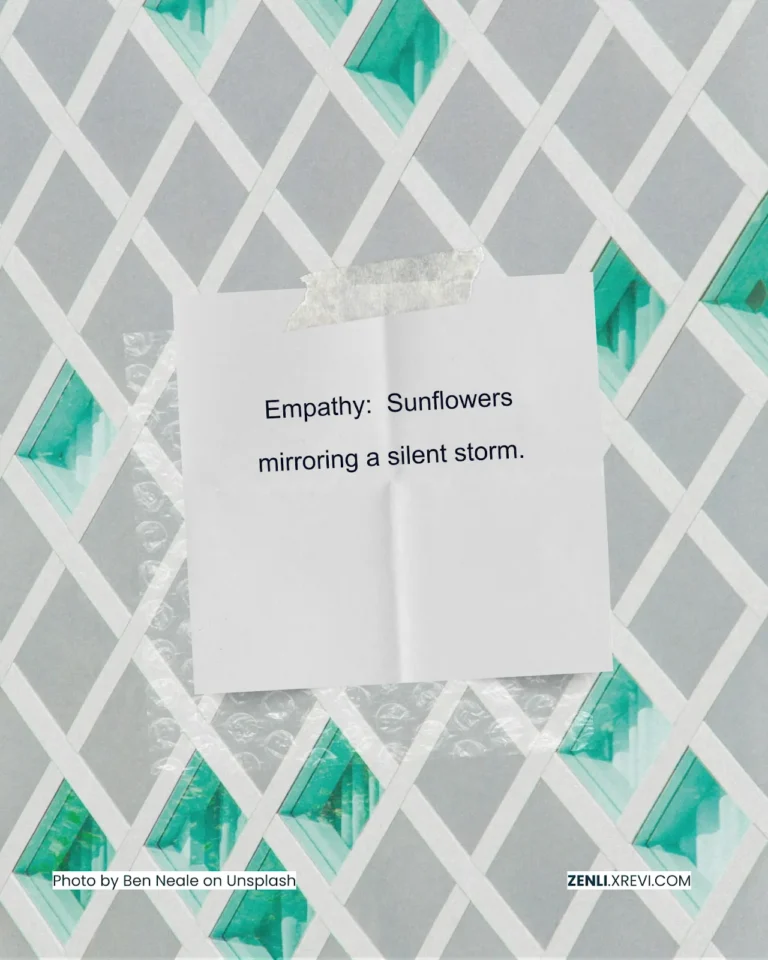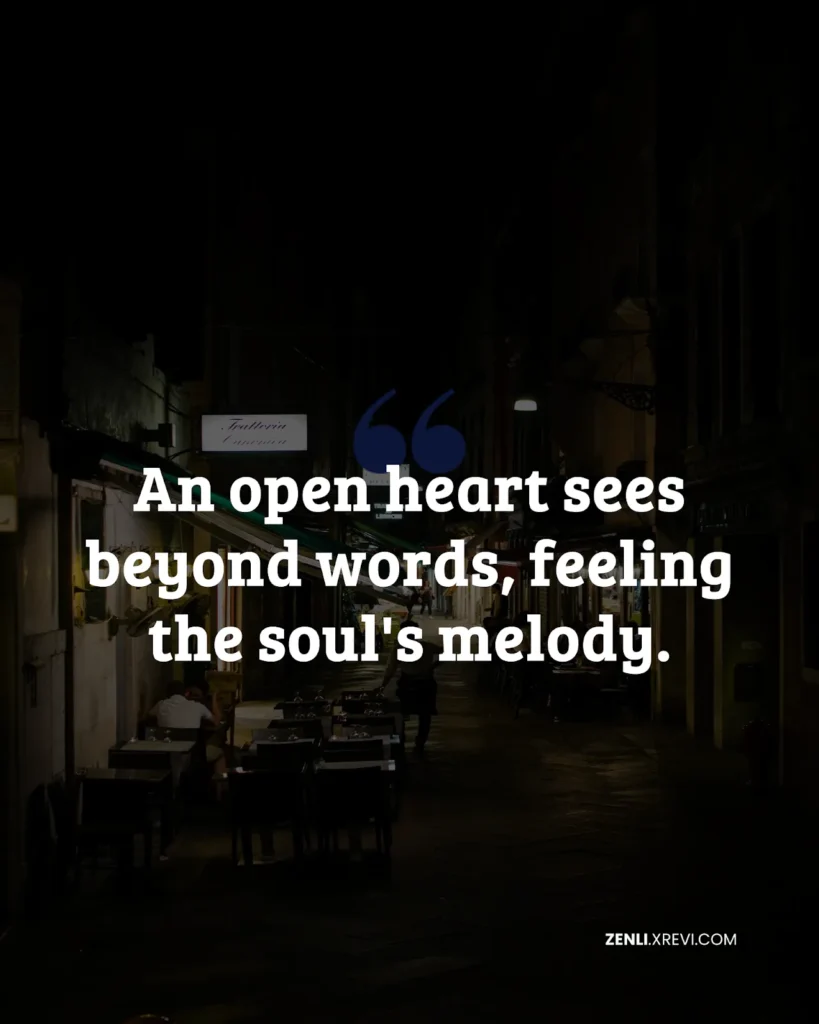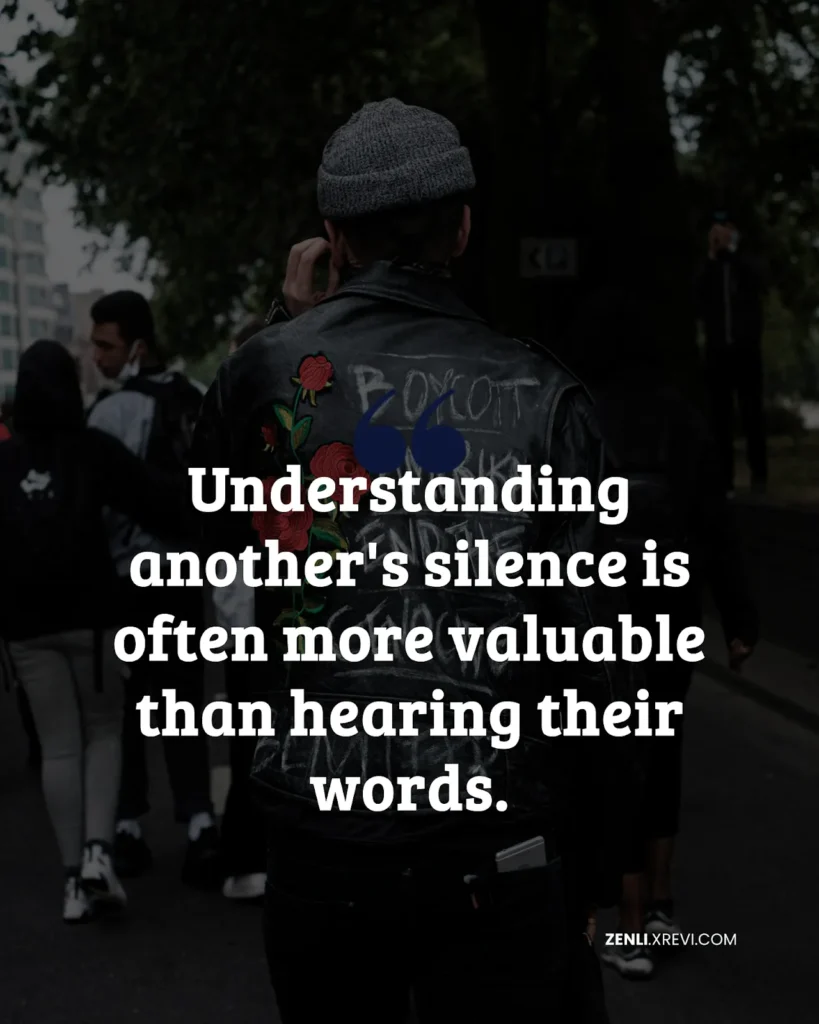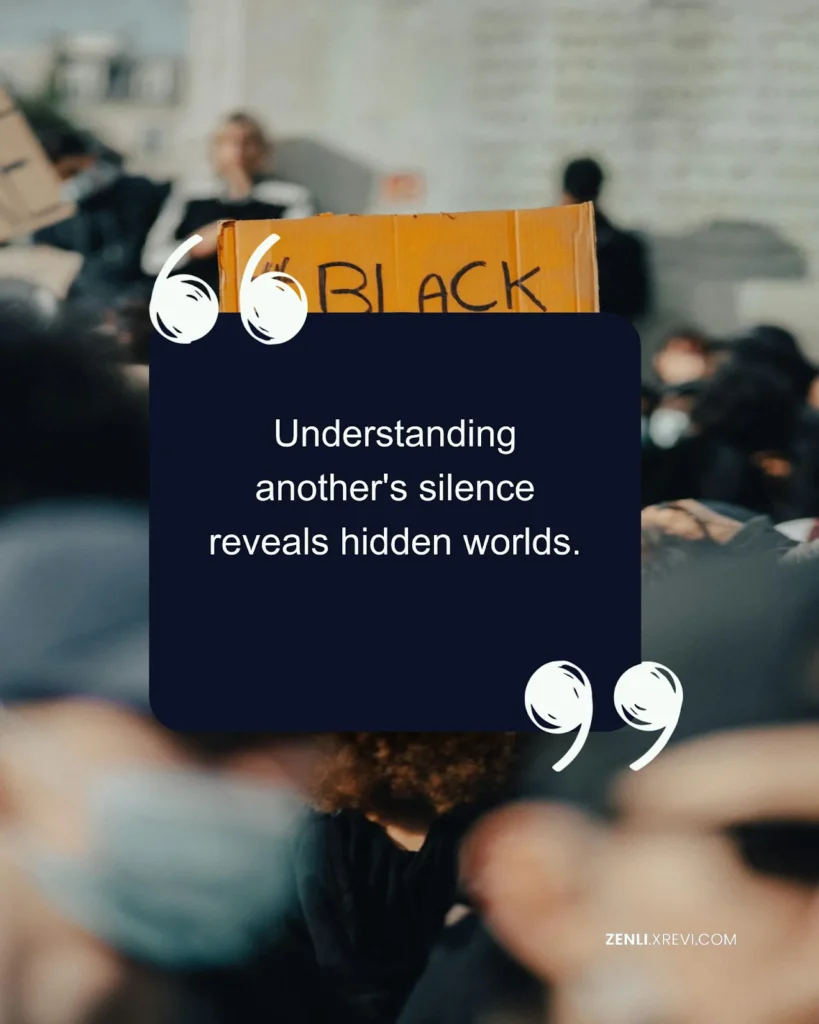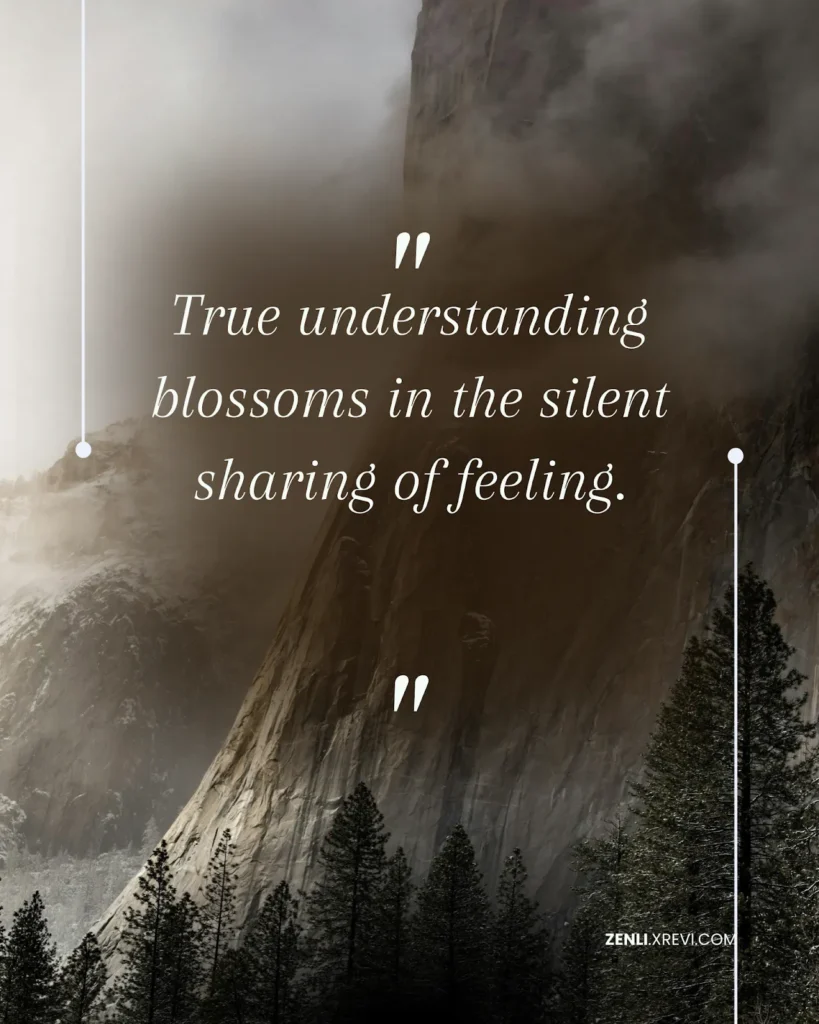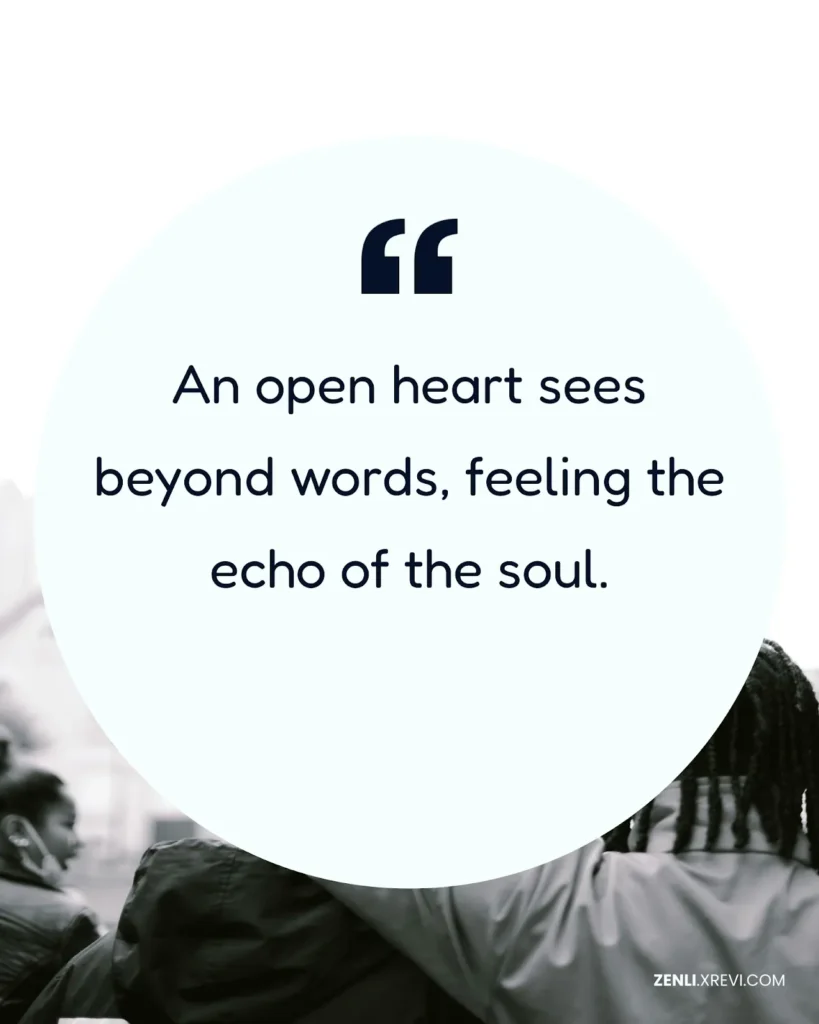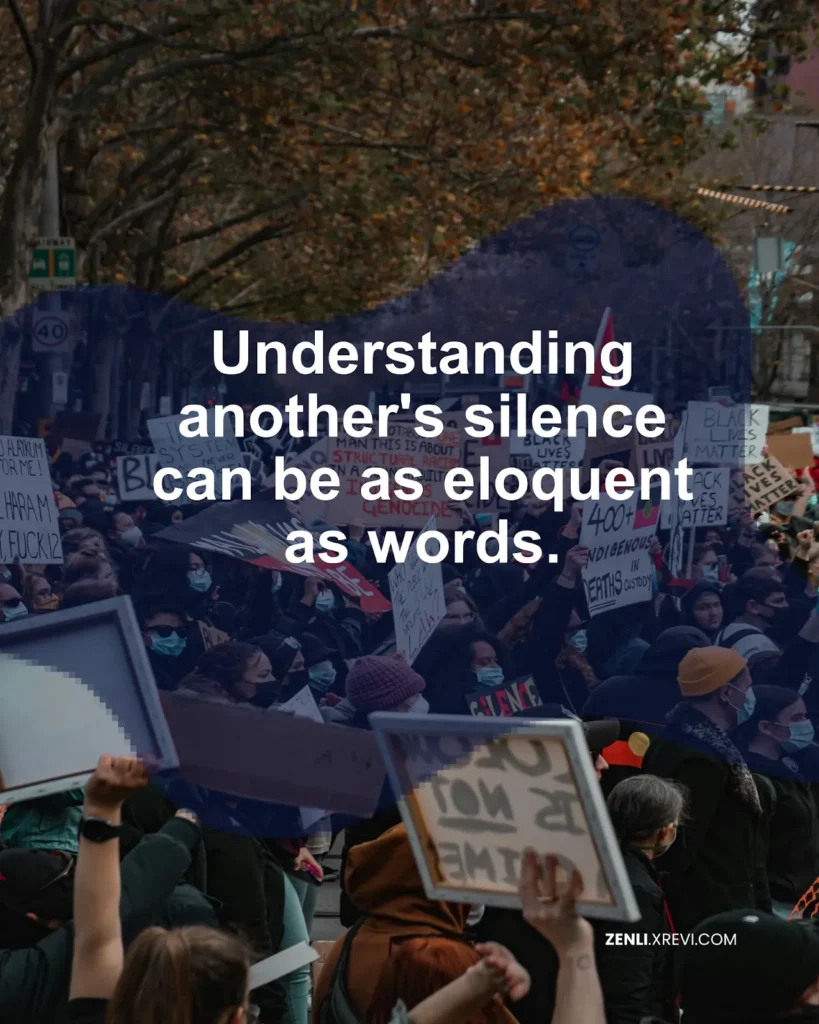We’ve all been there. That moment when a friend’s face falls, a colleague sighs heavily, or a stranger avoids eye contact. Sometimes, we know what’s happening. Other times, the reason remains a mystery, a silent storm brewing beneath a seemingly calm surface. But what if, instead of speculating or dismissing, we tried to understand the unspoken emotions swirling within? That, in essence, is the power of empathy: the ability to step into someone else’s shoes, to feel what they feel, even if only for a moment. It’s not about agreeing with them, but about genuinely connecting with their experience. It’s about acknowledging the humanness in every interaction, big or small, and recognizing that everyone carries their own unique weight of joys and sorrows. In a world often focused on individual achievement and outward success, cultivating empathy is a radical act of kindness, a quiet revolution that can transform our relationships and the world around us.
Empathy: Sunflowers mirroring a silent storm.
This beautiful image perfectly encapsulates the essence of empathy. Sunflowers, with their radiant faces turned towards the light, represent outward positivity and strength. Yet, they’re mirroring a “silent storm”—a hidden struggle, pain, or difficulty that might not be immediately visible to the casual observer. This metaphor highlights the subtle yet profound way empathy works. We often see the outward presentation – the smile, the confident demeanor – but true empathy allows us to recognize the potential inner turmoil beneath. Think about a friend who is outwardly cheerful but struggling with a personal crisis. Empathy allows us to see past the cheerful facade and offer support without judgment, to acknowledge the storm even if they haven’t explicitly shared its details. It’s about understanding that appearances can be deceiving and that sometimes the most resilient individuals are quietly battling their own inner battles. Practicing empathy means creating space for these unspoken struggles and acknowledging the strength it takes to navigate them. It might involve simply listening attentively, offering a comforting presence, or simply validating their feelings without offering unsolicited advice.
The ability to understand and share the feelings of another person is a vital ingredient for building strong, meaningful connections. It allows us to navigate conflicts with more grace, to offer more effective support, and to foster a deeper sense of understanding and compassion in all aspects of our lives – from our closest relationships to our interactions with strangers. By actively seeking to understand the perspectives of others, we not only enrich their lives but also enrich our own, creating a more connected and compassionate world.
So, take a moment today to reflect on your own interactions. Did you fully listen to someone’s concerns? Did you try to understand their perspective, even if it differed from your own? Share your thoughts and experiences in the comments below. Let’s explore together how we can cultivate more empathy in our everyday lives, learning to mirror the silent storms of those around us with understanding, kindness, and compassion. Because in a world that often feels isolating, the simple act of empathy can be a powerful beacon of hope and connection.
Photo by Ben Neale on Unsplash
